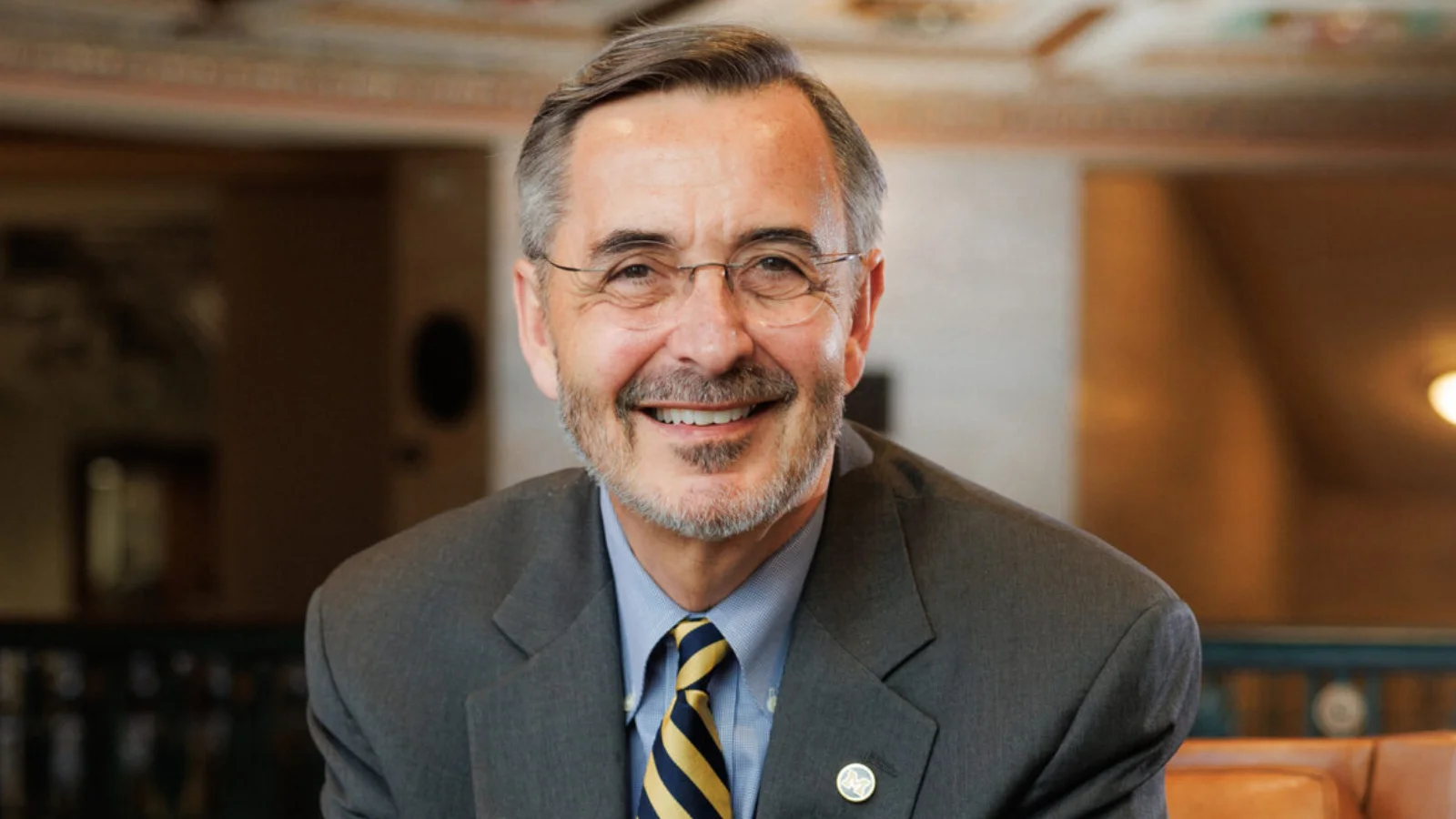Domenico Grasso, President | University of Michigan Ann Arbor
Domenico Grasso, President | University of Michigan Ann Arbor
Local officials in Michigan are reporting significant declines in resident engagement, according to the latest findings from the Michigan Public Policy Survey. The survey, conducted by the University of Michigan’s Center for Local, State, and Urban Policy (CLOSUP), highlights concerns about dwindling participation in local government activities despite the use of various communication methods.
Officials across the state note that even with tools ranging from voicemail and email to social media and traditional mail, fewer residents are attending meetings, providing input, or serving on committees and boards. Natalie Fitzpatrick, CLOSUP project manager, stated: “We often think of smaller, rural governments as being particularly close to their residents, but answers on this survey indicate they are struggling the most with low resident engagement.”
Respondents expressed frustration that outreach efforts tend to attract a limited group of residents repeatedly. There is also concern that a small but vocal minority can influence overall engagement levels. Many county and city officials observe that political polarization at state and national levels is increasingly affecting local discussions—a trend amplified by social media platforms.
Some officials indicated a desire for greater public involvement earlier in policy processes and on routine matters as well as controversial issues. Despite these challenges, there are reports of effective practices. Social media campaigns, online participation tools, resident surveys, and programs like resident academies have shown potential for reaching broader audiences. Interest in formal training on public engagement is particularly strong in urban areas.
Debra Horner, senior program manager for the survey, commented: “The survey has been tracking views on engagement and local community relationships for more than a decade, and these declines are concerning. However, local leaders in Michigan do generally tend to continue to be optimistic about the health of local governance, especially compared to bitter political divides at the state and national levels.”
The survey was conducted between April 7 and June 12 with responses from county, city, township, and village officials representing 1,328 jurisdictions across Michigan. The response rate was 72% by unit.




 Alerts Sign-up
Alerts Sign-up